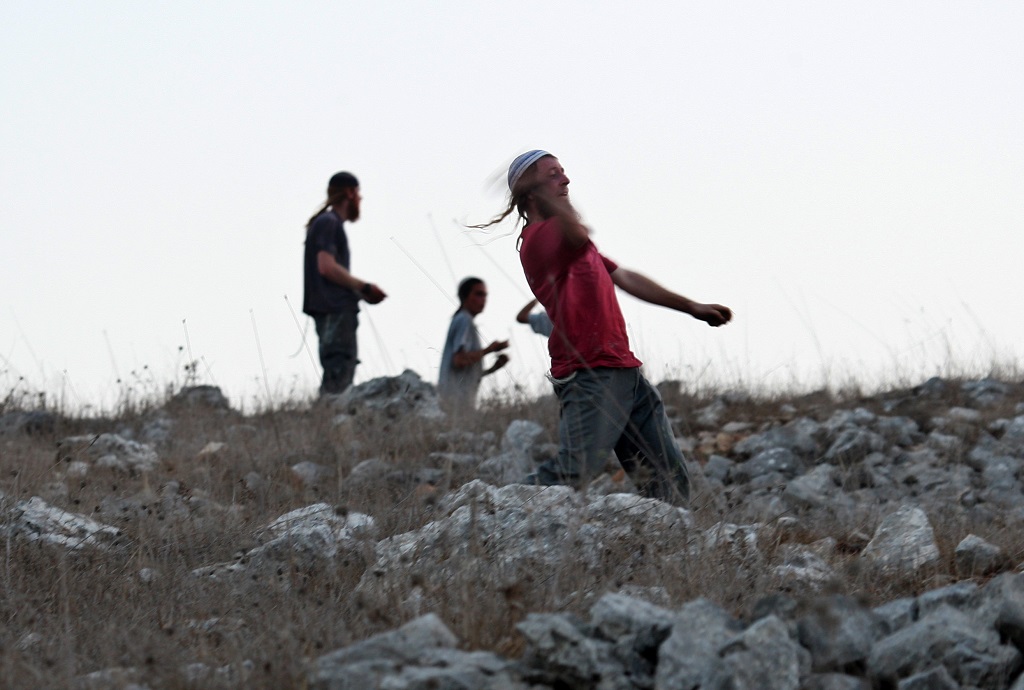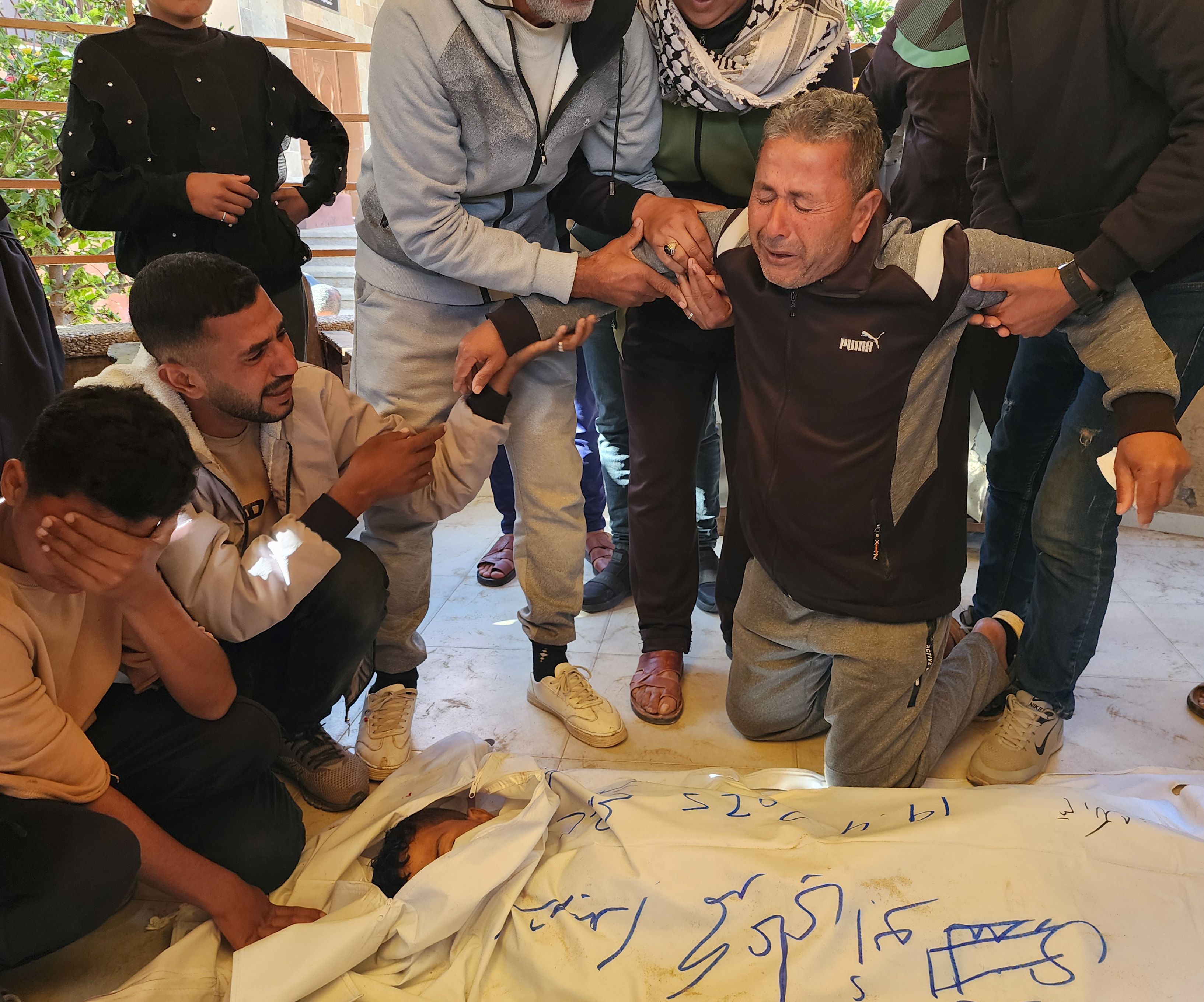RAMALLAH, April 20, 2011 (WAFA) - The Palestinian Authority’s new National Development Plan (NDP) 2011-2013, Establishing the State, Building our Future, is nothing more than a development plan and should not be looked at as anything more than that, said Ali Jirbawi, Palestinian minister of planning.
The PA presented the report the first time at last week’s the donor countries’ ad hoc liaison committee meeting in Brussels to be later discussed at the next donors meeting planned for Paris in June. In this plan, the PA is asking for almost $5 billion in aid to cover the four sectors it will be focusing on during the next three years: Governance, social, economy and infrastructure.
Introducing the NDP at a discussion group held Wednesday at the Palestine Economic Policy Research Institute (MAS), Jirbawi, the overseer of the report, stressed that the new plan is a continuation of the former Palestinian Reform and Development Plan (PRDP) 2008-2010.
He said that while the PRDP may have its flaws, the ministry tried in writing the new plan to overcome these flaws.
“We tried to overcome the weak points in the first plan by correcting them and building on them,” he said.
For this reason, the ministry’s team working on the NDP held 240 consultation meetings with the participation of over 2000 people representing a cross section of the Palestinian society, including civil society organizations, representatives of the private sector, local government bodies, and international organizations.
“The consultation meetings were not equally distributed,” he said, “but more parties had participated in them and they were broader than before.”
Jirbawi admitted that the needs of the Palestinian society are much more than what the NDP had to offer.
“The needs are much bigger than the resources,” he said, adding that the PA attempted through this plan to identify priorities and work on them.
The NDP, for example, and while security remained, as before, a top priority and received a big chunk of the governance budget, it also allocated a large sum of money in the economy budget for developing agriculture and the rural areas, mainly in the Jordan Valley, an area threatened for takeover by Israeli settlement policy.
Pre-school and general education also had a lion’s share in the new plan, with about 40% of the requested money for social going to this sector in each year of the development plan. Youth and sports also came high with about 13% of the social budget, which the NDP had allocated more than a third of the total budget for it, making it first on the list and infrastructure coming second with a little less than 30%.
An appendix to this plan is another plan set specifically for
Yet, in spite of the ambitious tone of the NDP, Jirbawi and other Palestinian officials admitted in the meeting that there are many constraints that stand in the way of implementing it, foremost of which is the Israeli occupation, and second, the internal division between the West Bank and Gaza Strip.
“This is an ambitious plan,” said Jirbawi. “The scenario is built around the assumption that all obstacles will be removed. The least that will be required is ending the blockade imposed on the Gaza Strip and removing all obstacles in the
Speakers criticized the fact that the security still gets a large share in any budget, stressing also that without the rule of law and a strong justice system and laws, looking at the plans as not so ambitious in light of the presence of the Israeli occupation.
However, Jirbawi defended the plan saying it was only a development plan, and not a budget for projects, and it aims to build on what has already been achieved in former plans in preparation for establishing the state.
M.A.










